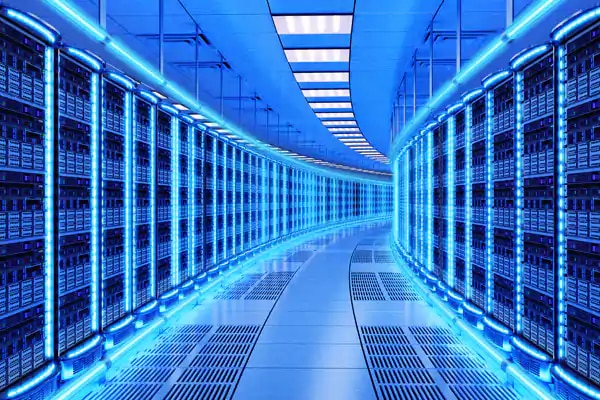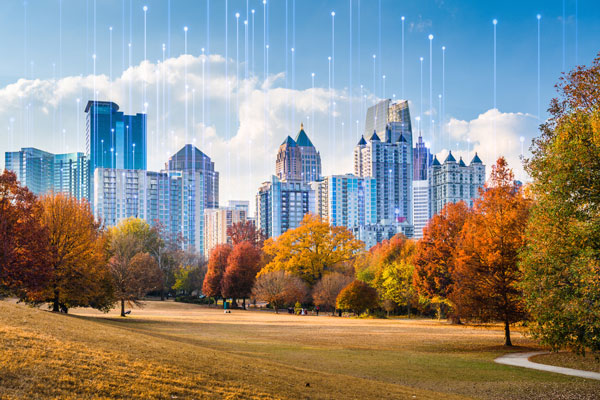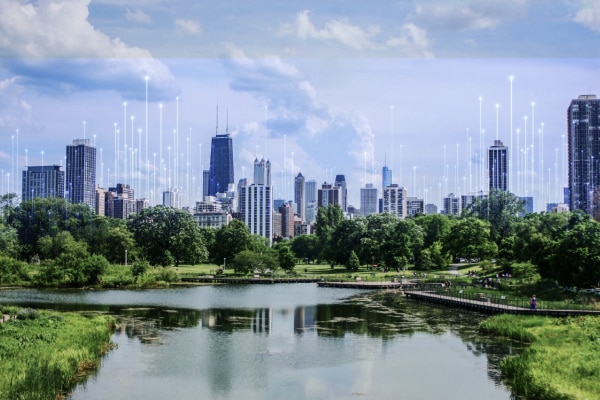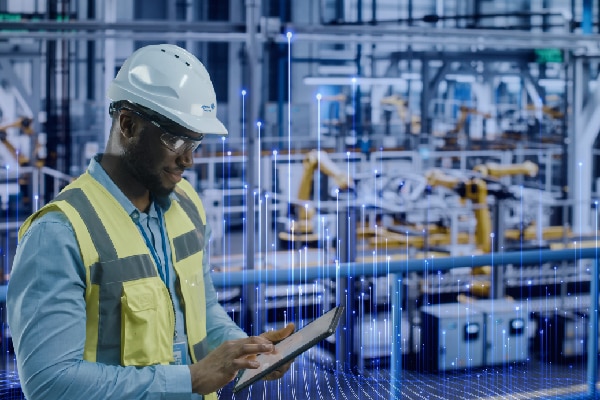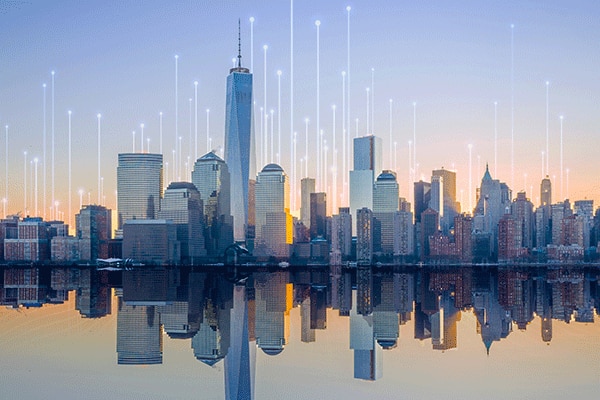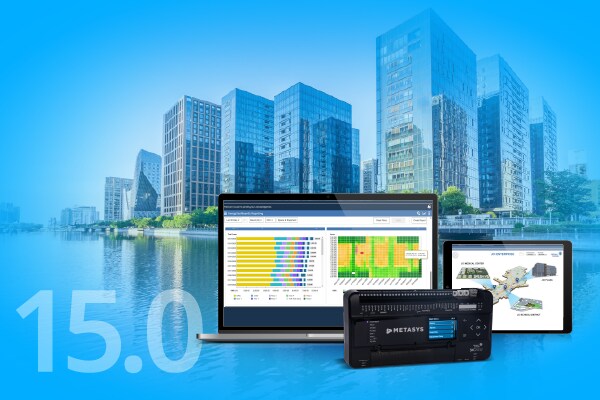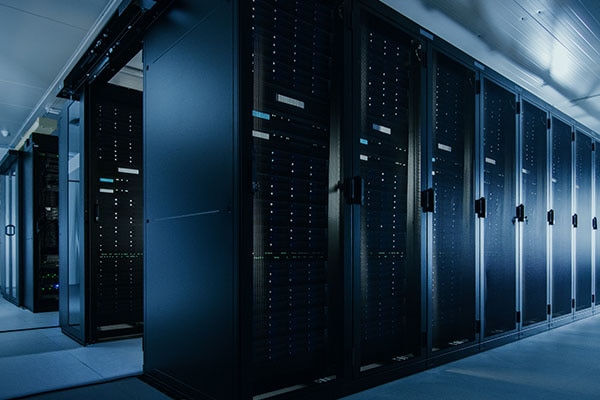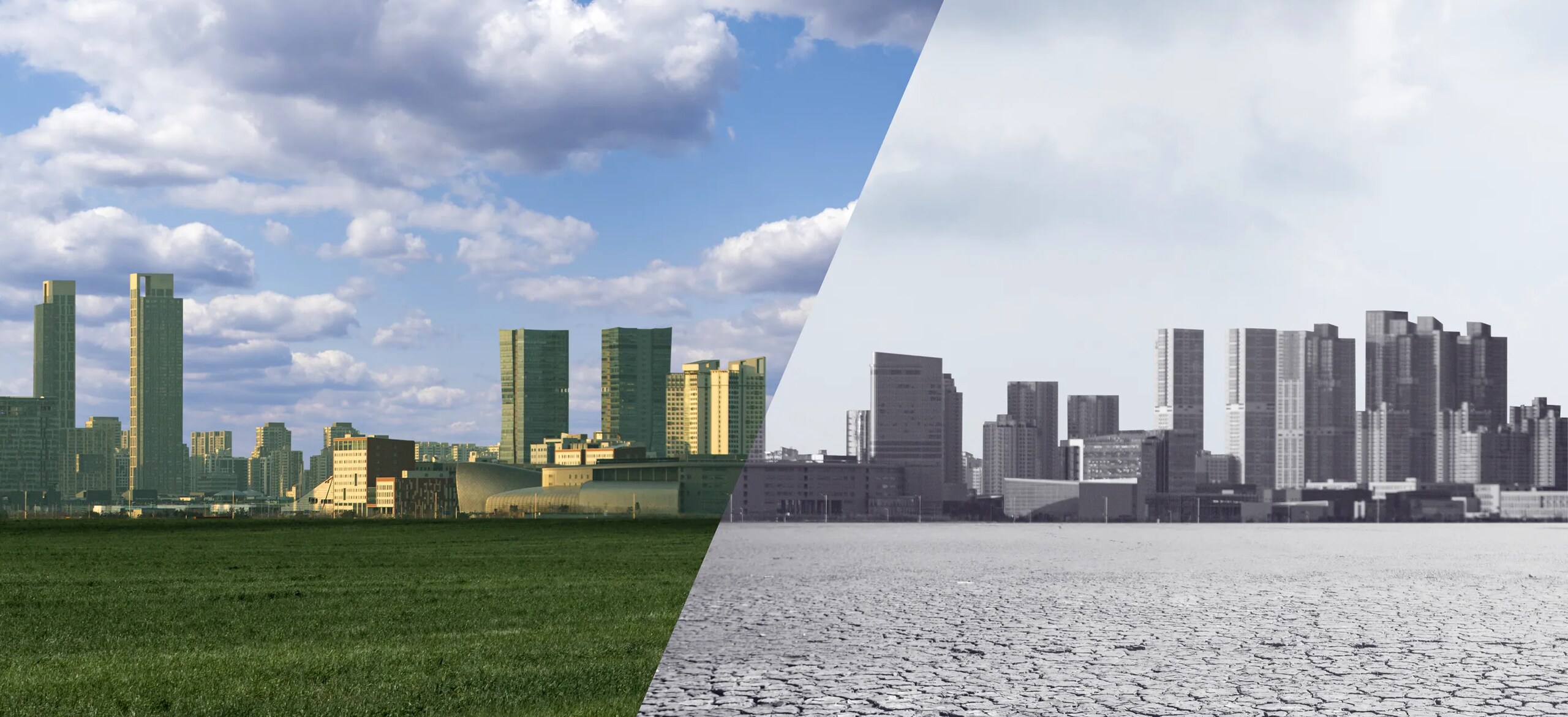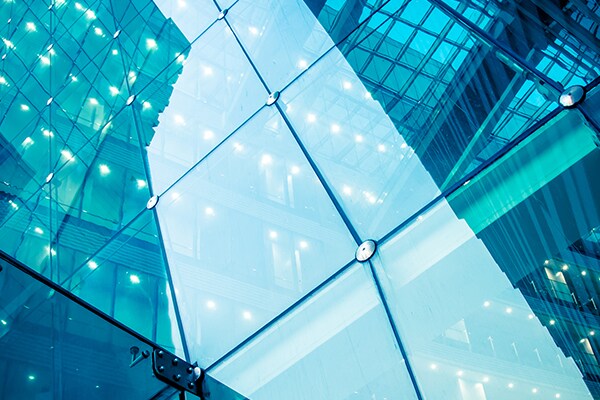Why HVAC Decarbonisation Matters
The world drastically needs to reduce carbon emissions. Some businesses have acknowledged this, with over 20 Companies Joining the Climate Pledge, whilst governments and global organisations have also set targets. The UK aims to reduce carbon emissions 78% by 2035 compared to 1990 levels, and the recent COP26 was considered the most significant global climate talks since the 2015 Paris Agreement.
Smart Building Technology, and specifically HVAC decarbonisation, will play a major role for businesses and governments alike in this fight against climate change. So today, we’ll be discussing what Building Automation Systems will have to do and why HVAC products will be decisive.
The Importance of HVAC for our Climate Goals
What is the challenge?
Slowly but surely, HVAC decarbonisation is being encouraged in our building systems. Legislation in the UK will soon require new buildings to produce nearly a third less carbon than previously required. But with 80% of our buildings likely to still be standing by 2050, the challenge goes far beyond this.
Older structures will need to be updated and retrofitted to be just as energy efficient. However, there are several hurdles to this that include:
- Cost – Building owners and facility managers are always balancing sustainability targets with operational expenses. With the current cost-of-living crisis, short-term cuts that reduce efficiency must be avoided where possible.
- Longevity – HVAC systems have a long-life expectancy of 20 years, but smart building technology develops at a much faster pace. This leaves many reluctant to upgrade their products.
- Regulations – Decarbonisation of HVAC systems currently has fewer incentives and legislation in older buildings compared to new structures. This will slow our ability to reach net zero targets.
Moving Forward: HVAC Decarbonisation & Retrofitting Buildings
The above problems will need to be addressed if we to make HVAC decarbonisation a reality, improve building energy efficiency, and meet our climate change targets. But regardless of the HVAC solution that managers choose, building sustainability goes far beyond this.
With an ever-increasing amount of accessible data from all types of security, fire, lighting, and IT systems, smart buildings will be vital for reducing emissions. Implementing these solutions, which include products such as Smart Connected Chillers, will reduce downtime and ensure maximum efficiency can be achieved.
In essence, investment in smart tech, alongside retrofitting HVAC systems, will have benefits for both cost-efficiency and the environment as we move towards our net zero targets.
Johnson Controls offer a range of sustainable smart building solutions, including our OpenBlue Suite. You can find more information on our HVAC solutions below:
Johnson Controls offer a wide range of HVAC and Smart Building Solutions
HVAC Equipment
Every facility needs climate control systems, and we offer the world's largest portfolio of HVAC equipment and controls. Our solutions generate efficiency and save money.
Building Automation Systems
Our building management technologies are designed to pinpoint problems, tame data, and provide systems integration to help manage your facilities.
OpenBlue
Johnson Controls is transforming how spaces and places are perceived and enjoyed. Applying data from both inside buildings and beyond, our customers can now manage operations systemically. Introducing the blueprint of the future: OpenBlue is a dynamic new space from Johnson Controls.
Contact us to discuss your requirements
The world drastically needs to reduce carbon emissions. Some businesses have acknowledged this, with over 20 Companies Joining the Climate Pledge, whilst governments and global organisations have also set targets. The UK aims to reduce carbon emissions 78% by 2035 compared to 1990 levels, and the recent COP26 was considered the most significant global climate talks since the 2015 Paris Agreement.
Smart Building Technology, and specifically HVAC decarbonisation, will play a major role for businesses and governments alike in this fight against climate change. So today, we’ll be discussing what Building Automation Systems will have to do and why HVAC products will be decisive.
The Importance of HVAC for our Climate Goals
HVAC – heating, ventilation, and air conditioning – is often overlooked by the public when it comes decarbonisation. But heating and cooling our buildings contributes to 40% of total carbon emissions in both the US and the UK. Many of these HVAC systems, such as gas boilers, are run entirely on fossil fuels. Thus, radical change in these building systems simply cannot be ignored if we are to meet our climate goals.
What is the challenge?
Slowly but surely, HVAC decarbonisation is being encouraged in our building systems. Legislation in the UK will soon require new buildings to produce nearly a third less carbon than previously required. But with 80% of our buildings likely to still be standing by 2050, the challenge goes far beyond this.
Older structures will need to be updated and retrofitted to be just as energy efficient. However, there are several hurdles to this that include:
- Cost – Building owners and facility managers are always balancing sustainability targets with operational expenses. With the current cost-of-living crisis, short-term cuts that reduce efficiency must be avoided where possible.
- Longevity – HVAC systems have a long-life expectancy of 20 years, but smart building technology develops at a much faster pace. This leaves many reluctant to upgrade their products.
- Regulations – Decarbonisation of HVAC systems currently has fewer incentives and legislation in older buildings compared to new structures. This will slow our ability to reach net zero targets.
Moving Forward: HVAC Decarbonisation & Retrofitting Buildings
The above problems will need to be addressed if we to make HVAC decarbonisation a reality, improve building energy efficiency, and meet our climate change targets. But regardless of the HVAC solution that managers choose, building sustainability goes far beyond this.
With an ever-increasing amount of accessible data from all types of security, fire, lighting, and IT systems, smart buildings will be vital for reducing emissions. Implementing these solutions, which include products such as Smart Connected Chillers, will reduce downtime and ensure maximum efficiency can be achieved.
In essence, investment in smart tech, alongside retrofitting HVAC systems, will have benefits for both cost-efficiency and the environment as we move towards our net zero targets.
Johnson Controls offer a range of sustainable smart building solutions, including our OpenBlue Suite. You can find more information on our HVAC solutions below:



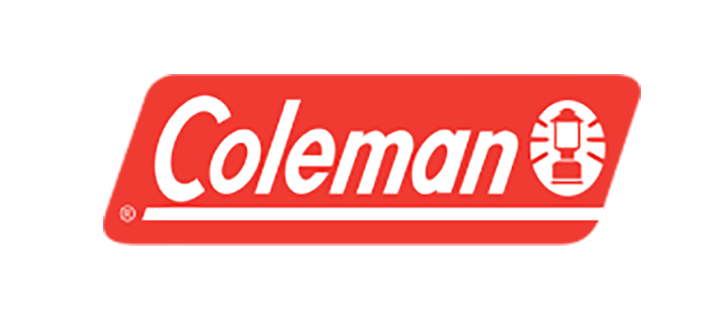

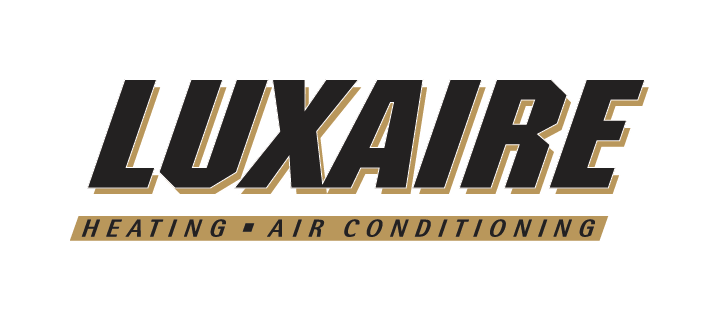














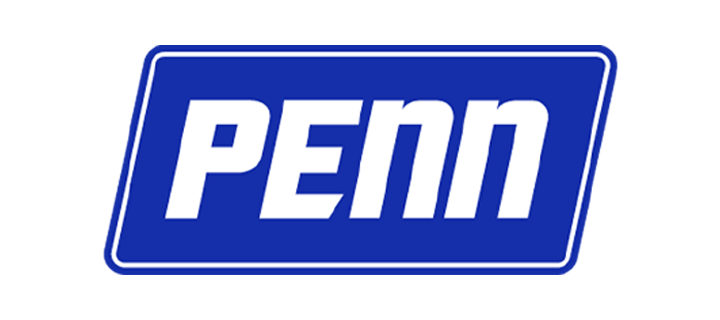

.jpg?la=en&h=320&w=720&hash=244C75B74F0F77521D56164450973BCD)

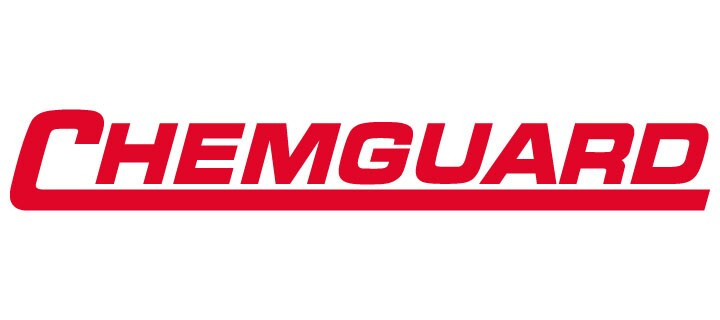
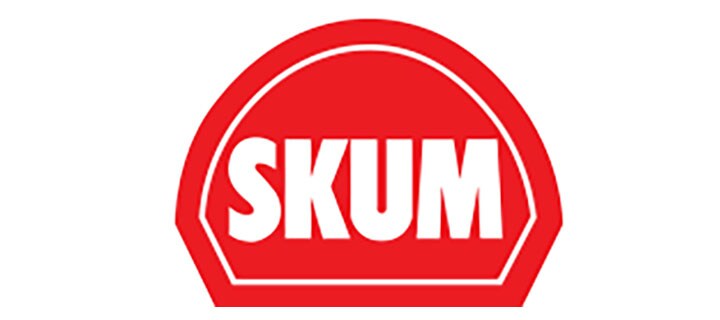


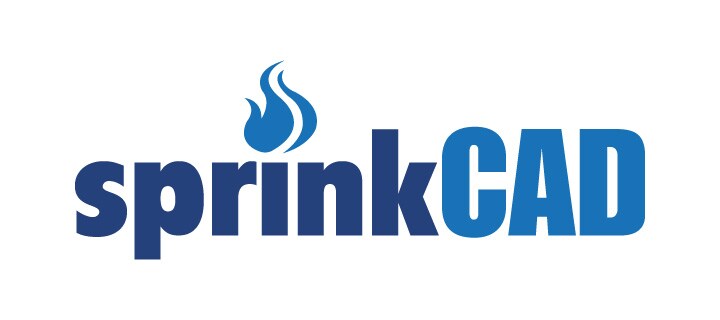
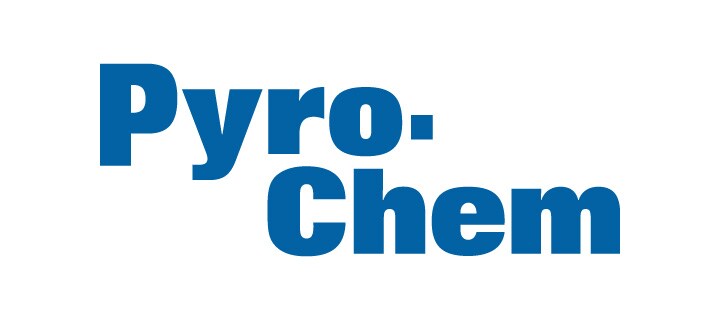







.jpg?la=en&h=310&w=720&hash=8D9823F26AA80B2B75C3E4B2E61770DC)


.jpg?la=en&h=320&w=719&hash=13CA7E4AA3E453809B6726B561F2F4DD)
.jpg?la=en&h=306&w=720&hash=F21A7CD3C49EFBF4D41F00691D09AEAC)

.png?la=en&h=320&w=720&hash=18CFCCD916C92D922F600511FABD775D)






